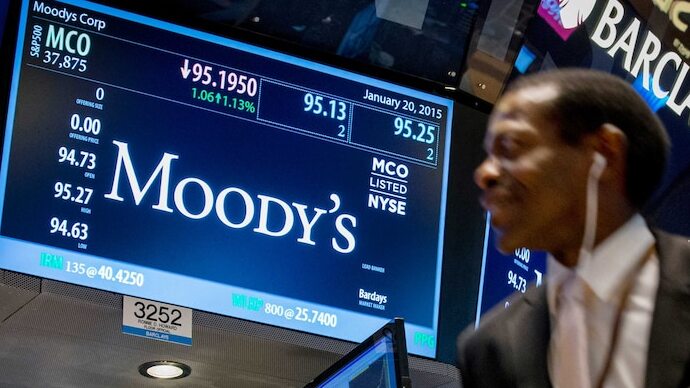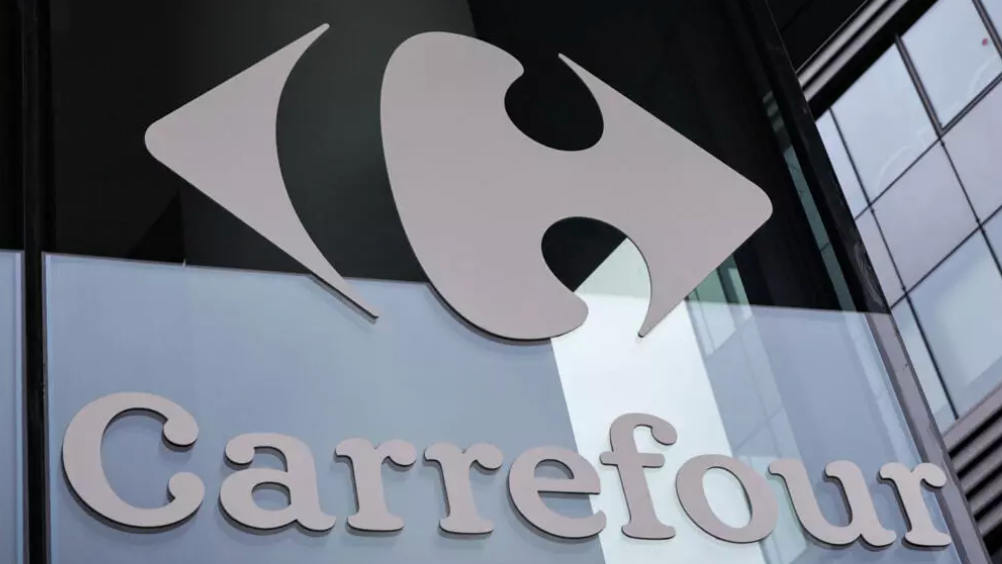
When Moody's strikes again, Dakar takes to the front lines
Senegal is crying foul. On October 10, 2025, the American agency Moody's downgraded the country's sovereign rating, downgrading it from B3 to Caa1 . This is the third time in less than a year that the same agency has applied the knife. The stunned Ministry of Finance does not intend to let this slide.
A slap in the face to credibility
The blow is brutal. This latest downgrade comes after two previous, already painful, downgrades, suggesting that Moody's is no longer just judge, but executioner. The move from B3 to Caa1 underscores the agency's growing distrust of Senegal's economic trajectory. She justifies her decision by the increased risks to the debt, the liquidity of the State and the slowness of the reforms undertaken.
For Senegal, this is more than just a lick of paint: it's a public challenge to its management. The Ministry of Finance responded on October 11, denouncing “speculative, subjective, and biased assumptions” in Moody's analysis. It accuses the agency of relying on undisclosed sources and of publishing in haste. The government also accuses Moody's of ignoring the “Economic and Social Recovery Plan” and ongoing tax reforms.
Beyond words: what financial reality?
Despite the verbal jousting, Senegal is not out of the woods yet. Public debt now stands at around 119% of GDP , according to Moody's, a level deemed unsustainable. The agency is concerned about the burden of debt servicing and the difficulty the state is having in raising liquidity. The expected agreement with the International Monetary Fund remains suspended, making dependence on markets even riskier.
But Senegal isn't that absurd. It's putting forward its arguments: tax reforms, stronger governance, and transparency are on the table. The country is demanding that Moody's review its criteria, publish its sources, and moderate the severity of its judgments.
Posture or strategy?
This response can be interpreted as a political stance, a way for the government to preserve its domestic legitimacy. But it goes further: it is a demand for fairness in the treatment of African states by major rating agencies. Senegal has not only been hit; it demands recognition of its efforts and an opening up of the system.
If Moody's sticks to its guns, Dakar could turn to other sources of financing, including the diaspora or regional markets, but these avenues remain costly. The challenge is clear: restore investor confidence, strengthen public finances, and assert its position against the invisible hands of the agencies.
By then, the showdown has begun. Senegal has not chosen discretion: it has decided to respond and not to give in.



Leave a comment
This site is protected by hCaptcha and the hCaptcha Privacy Policy and Terms of Service apply.